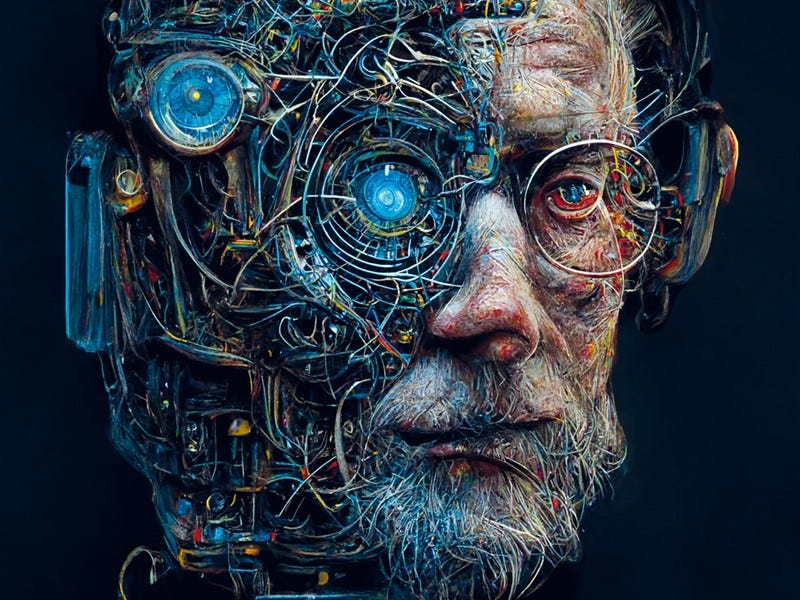The Urgent Call for AI Development to Pause: Insights from Elon Musk
Written on
Chapter 1: The AI Revolution and Its Risks
The world stands at the threshold of a remarkable technological shift, and the pace of change is staggering. OpenAI’s GPT-4 has arrived, impressing users with its extraordinary capabilities in music creation, conversation, and comprehension of intricate texts. However, amid this excitement, a stark warning emerges. Elon Musk and a coalition of experts are sounding alarms, advocating for a temporary retreat from advancing intelligent machines. The potential dangers to humanity are too significant to overlook, and the fallout could be catastrophic. This issue transcends mere technological advancement; it directly pertains to our species' survival. The urgency is palpable, and we cannot afford to delay. Prepare for a wake-up call that will resonate deeply. This is not a distant concern; it is unfolding in real-time. Will you pay attention, or will you gamble everything?
“Advanced AI systems should only be developed when we can be sure their outcomes will be beneficial and their risks manageable,” states the letter from the Future of Life Institute.
Section 1.1: Musk’s Involvement in AI
Elon Musk’s financial backing in the AI sector is substantial, as the Musk Foundation collaborates with Founders Pledge and the Silicon Valley Community Foundation, which are key supporters of OpenAI, the organization behind GPT-4. Despite his active role in this domain, Musk has openly admitted that AI is a source of anxiety for him. Given the rapid advancement toward the realm of intelligent machines, it’s understandable. While Tesla incorporates AI within its autopilot system, Musk has voiced concerns over regulators' sluggishness in addressing these developments. It is evident that a regulatory body must be established to oversee AI's growth, ensuring it benefits the public rather than merely serving tech companies' financial interests.
“It is quite hypocritical for Elon Musk to advocate for accountability, considering how Tesla has resisted responsibility for faulty AI in its self-driving vehicles,” remarks James Grimmelmann, a professor at Cornell University specializing in digital and information law.
Section 1.2: The Need for Regulation
The appeal for a temporary suspension of advanced AI development might seem sensible in theory, yet some experts argue it falls short. Many believe Musk's open letter lacks specificity and fails to tackle the pressing regulatory issues within the industry. Recently, Tesla had to recall over 362,000 vehicles in the United States due to issues with their driver-assistance technology. Regulatory authorities warned that this system could lead to accidents, prompting Musk to defend the software update publicly. The regulatory environment resembles a complex labyrinth, and clarity on who ensures AI development aligns with public welfare remains elusive.
